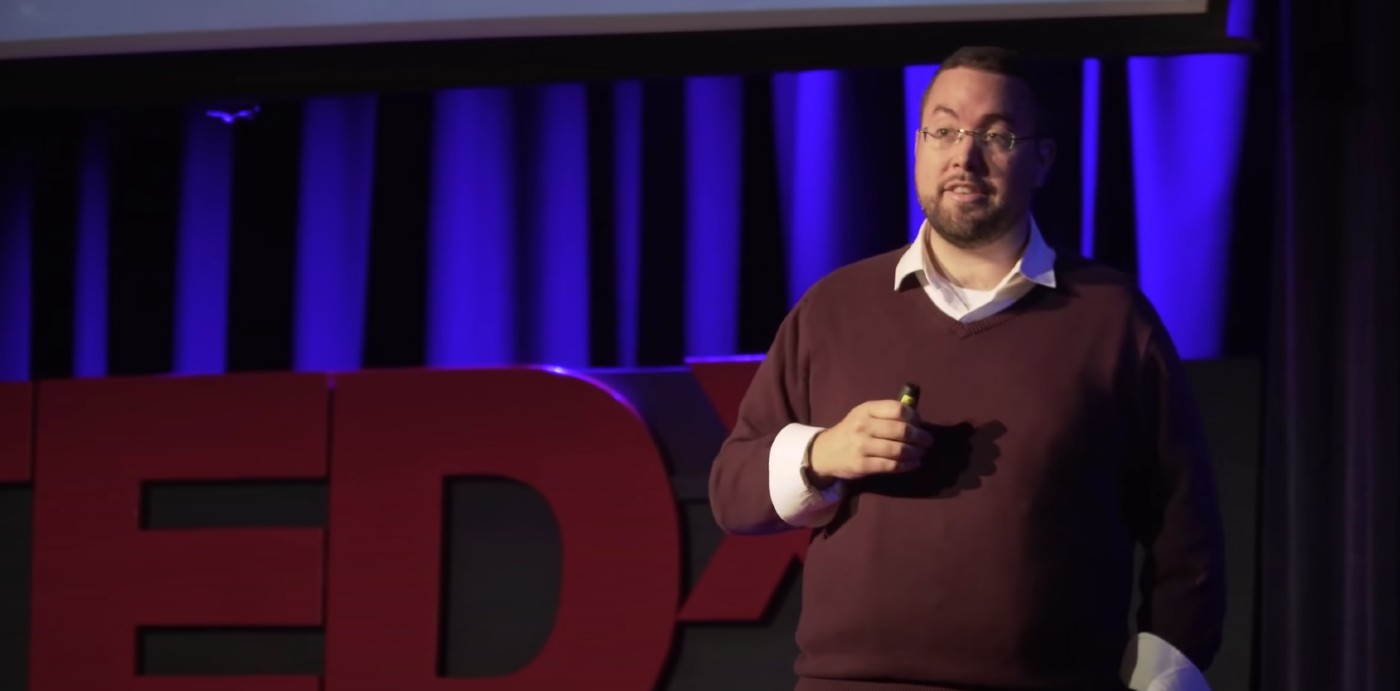
The Lesson: What we believe about the world decides the fate of our thoughts and actions. Two conditions to that belief: That one is good, and has the power to shape the life they want, and that the universe is good, and will help make that life contribute profoundly to providing a space of ‘un’conditional happiness, rather than happiness as determined by outside conditions. It’s not that some people are lucky in life, it’s that some people are looking, or in other words, people don’t believe things when they see them, they will see them when they believe them.
Notable Excerpt: “Most people have to be somewhere, with someone, or do something, to really feel good about themselves and their life and to be happy. And that’s a problem. That makes happiness totally ‘conditional,’ but there is another way. There’s a lens you can look at the world with, where you see yourself, and the world you live in, as good and powerful. And it’s that lens that starts making your joy and your peace free of any conditions.”
The Speaker: Moshe Gersht is a spiritual teacher, Rabbi, Wall Street Journal bestselling author and emerging thought leader. Before spending 15 years studying the Torah, mediating, and researching philosophy, psychology, and theology, he actually dropped out of high school and was the singer songwriter for a pop punk band in Los Angeles.
The Book: Gersht is the author of two books, Succos Inspired and his most recent It’s All The Same To Me, which Deepak Chopra called “a contribution to the world’s enlightenment.”
(WATCH Moshe Gersht speak at TEDxDupreePark below.)

RELATED: How to Wake Up From the Trance of Unworthiness
MORE: 3 Ways to Deal With the Anxiety of a New Situation by Brene Brown
Good Advice? SHARE It – And, CHECK Out More on our Good Talks Page…





















Excellent and evocative information, much of which is backed by research. So true about what he talks about regarding how our beliefs determine our thoughts, actions, and fundamentally our reality. I once had a profession working with acutely psychotic patients in a private psychiatric hospital and encountered endless examples of that belief/reality relationship in action in extreme ways. Our beliefs are so intrinsic to how we experience reality that we usually don’t think to question them. We’re so conditioned to “believe” that our feelings are dependent on the conditions we perceive in our reality that it seems preposterous to consider any information to the contrary.
Excellent analysis. Many of our reactions are actually habits of thought—simple reactions turn into belief: “The world sucks.” I am still evolving, and sometimes see a cynical reaction coming, but am able to question it, asking, “Is this helpful to me by thinking this?” Obviously not.